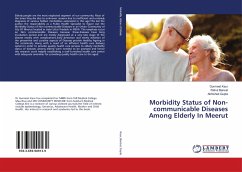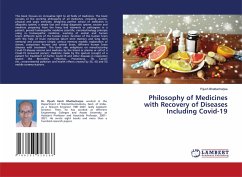The issuance of thousands of quarantine orders duringthe SARS outbreak raised difficult questions aboutthe legitimacy of using restrictive measures in democratic societies. This inquirycombines empirical research with conceptualscholarship to establish foundational justificatorypower for restrictive interventions, which thedominant utilitarian justification lacks. It isargued that, to respect rights, while being committedto the common good, we must move beyond thesee-sawing between ostensibly competing requirementstoward a conception that gives equal weight to public health and human rights; that is, one where bothimperatives the community and the individual refer to one another without dissolving into theother based on their intersubjective recognition.Following a Habermasian account of opening processesof decision-making to a moral-practical discourse, itis further argued that public health ethics offers animportant site for integrating his model of discourse ethics within public health deliberations to expand the scope of moral argumentation on-and ultimately to ground the justification of--the use of restrictive measures.
Bitte wählen Sie Ihr Anliegen aus.
Rechnungen
Retourenschein anfordern
Bestellstatus
Storno








